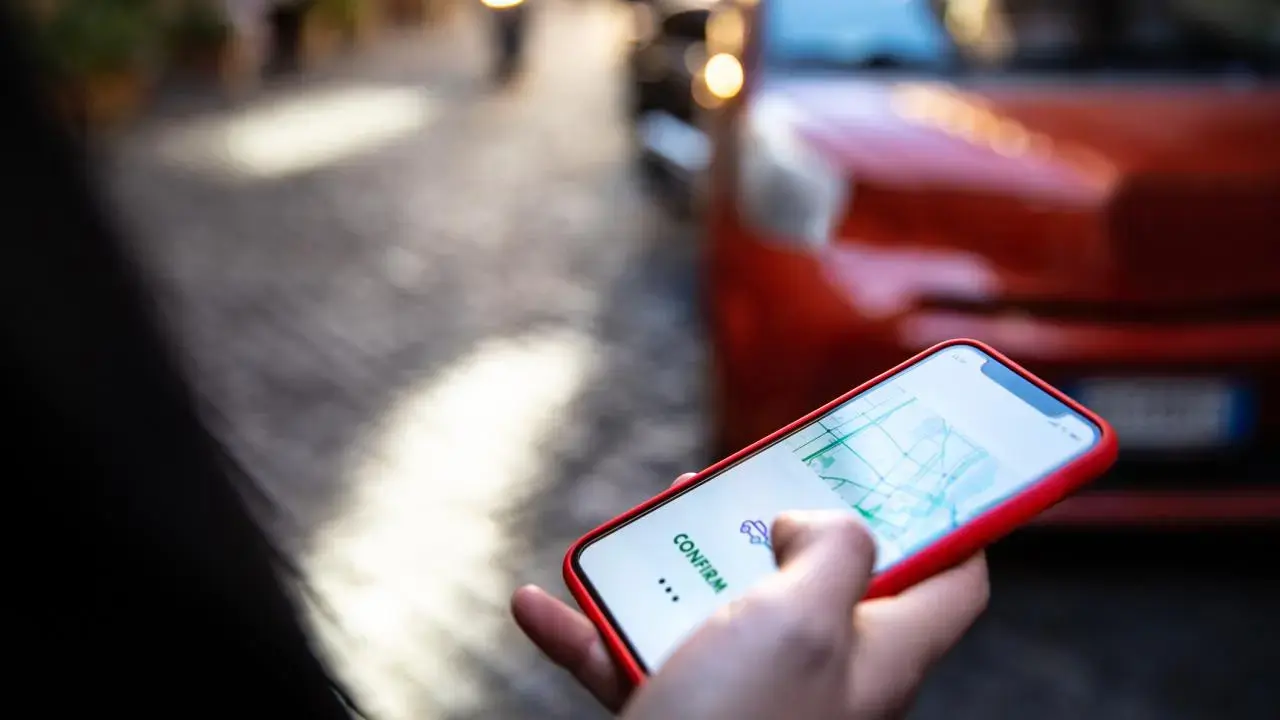Published in Transportation Research Record: Journal of the Transportation Research Board, the study analyzed data collected among riders in three metropolitan regions — the San Francisco Bay Area, San Diego, and Los Angeles and Orange counties — between Nov. 2018 and Nov. 2019. The data set consisted of 7,333 ride-hailing trips by 2,458 respondents.
About 47% of the trips replaced a public transit, carpool, walking or cycling trip. An additional 5.8% of trips represented “induced travel,” meaning the person would not have made the trip were an Uber or Lyft unavailable. This suggests ride-hailing often tends to replace most sustainable transportation modes and leads to additional vehicle miles traveled.

Yeah, I’m not completely getting this. The article reads as if the study was done just to waste time and really they wanted to propose their “if rideshare is done sustainably” suggestions.
I live in a place where a car is basically required for normal life. As such, my experience with ride-share services is exclusively when I’m traveling and thus don’t know the area super well. Ride-share rides “replace” a transit ride, yes, but in that it’s theoretically possible to have taken a different option, but does that mean that the public transit option is good or reasonable at that time or place?
Like, if my party and I have been out drinking for a while and are leaving, could we theoretically walk to a nearby subway station and figure out a couple of changes and get back home? Probably. Is it a lot easier to go “Hey Lyft/Uber please pick us up and drive us home while I wobble drunkenly in the back seat”? Yes. Does this count as a “replaced” ride? If ride-share didn’t exist, I would have had to take the public transit option (which is assuming that normal taxi’s didn’t also exist). If I knew I wouldn’t be able to ride-share home though, is there a serious chance that I would have just not done what I wanted and instead done something else while staying sober so that I could public transit home? Yes, definitely.
Ride-share to me just opens a new list of possibilities. If I know I’m relying on ride-share and I’m not worried about the cost, the list of things I can do goes up. It gives me more options for my evening. Are we saying here that that’s a problem and that people should feel limited to what they can access via public transit? I mean, fair argument but I don’t agree with it.

What’s the other half? People using a ride-sharing service, even though they could take their own car, just for a laugh? People foregoing use of their private jet?

Or people who don’t have a car, and there’s no public transit, so it’s ride share/ taxi or nothing.

Well, apparently that’s only 5.8% of trips:
About 47% of the trips replaced a public transit, carpool, walking or cycling trip. An additional 5.8% of trips represented “induced travel,” meaning the person would not have made the trip were an Uber or Lyft unavailable.
I guess, maybe the remaining 47.2% are taxi rides which got replaced by Uber/Lyft?


